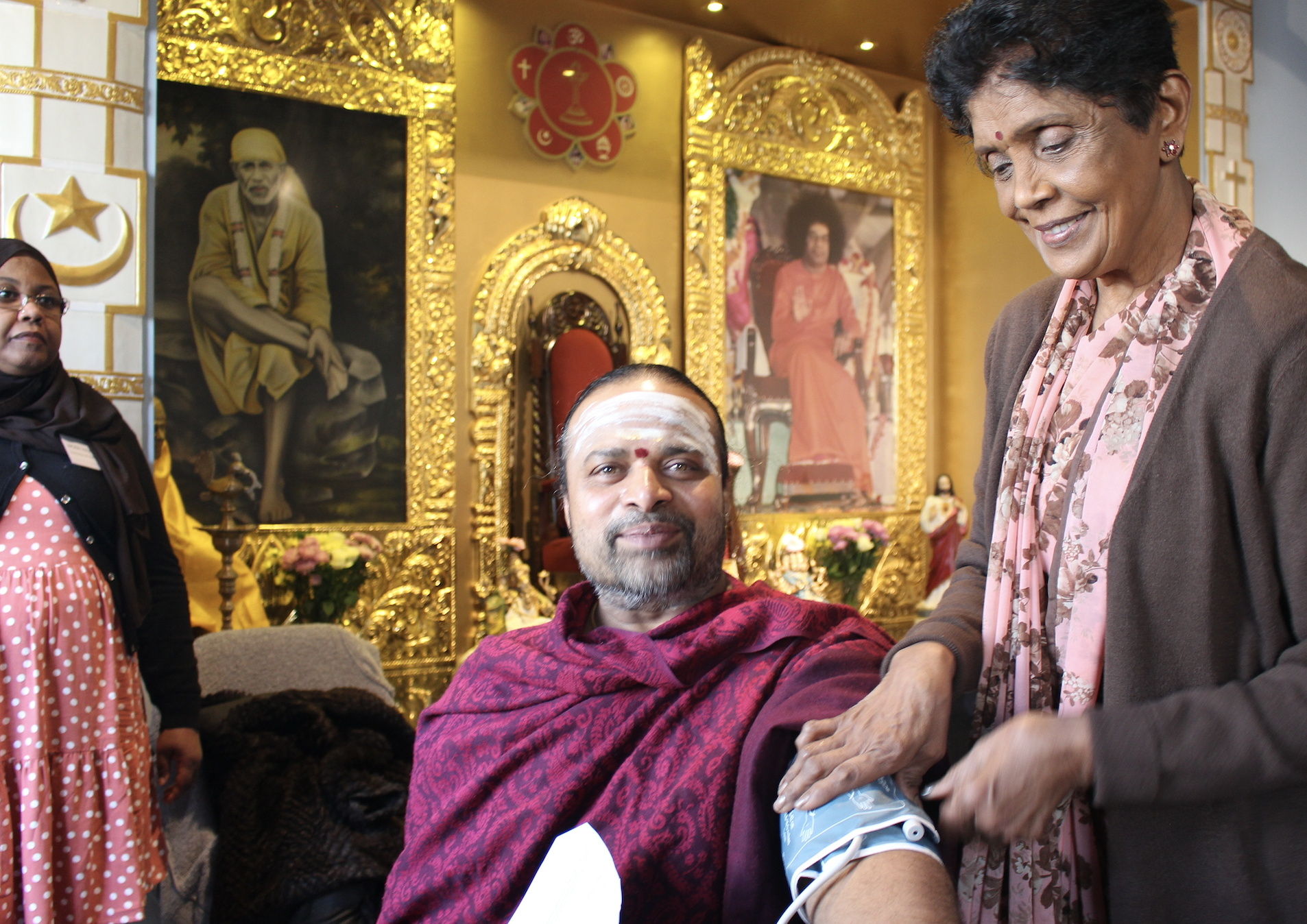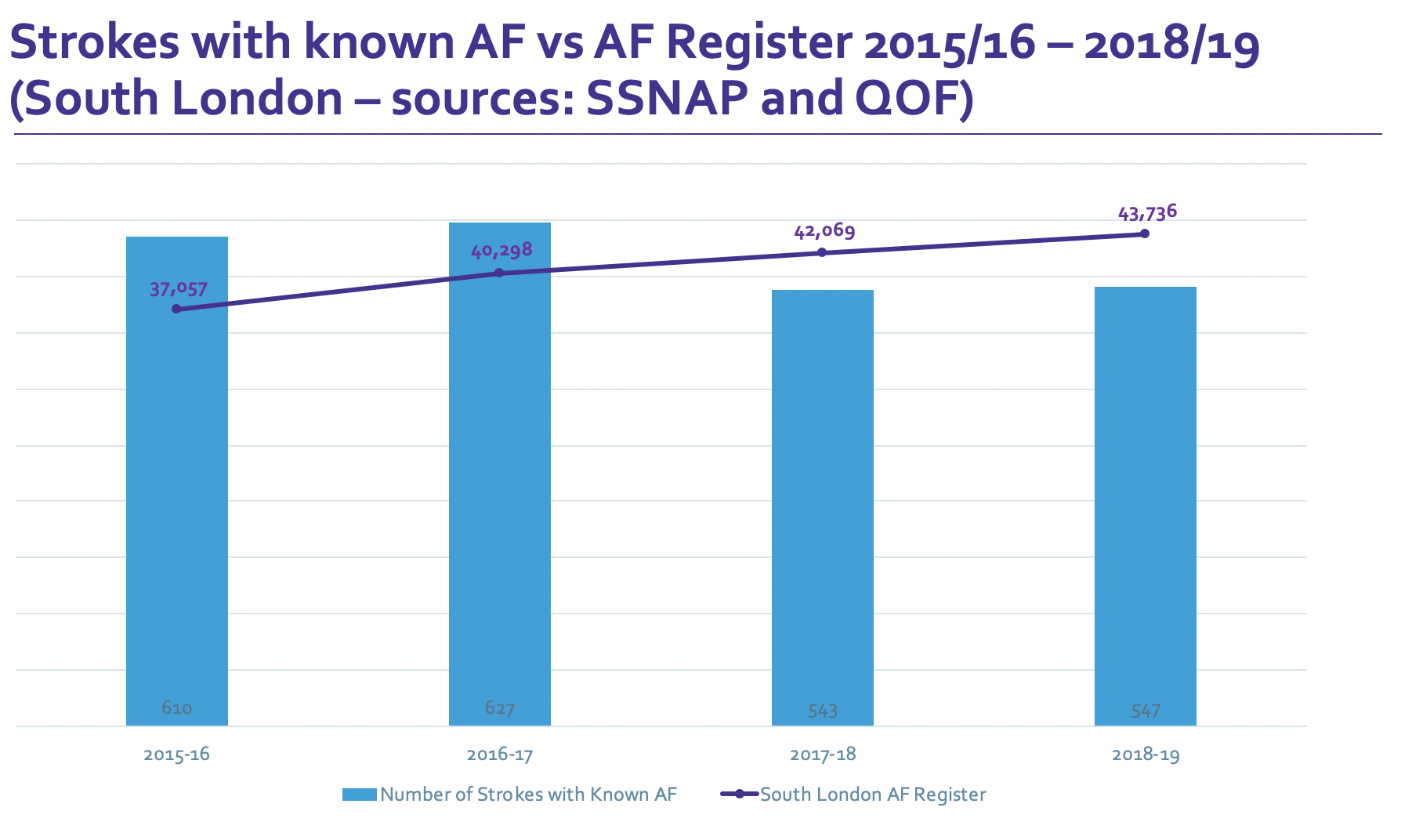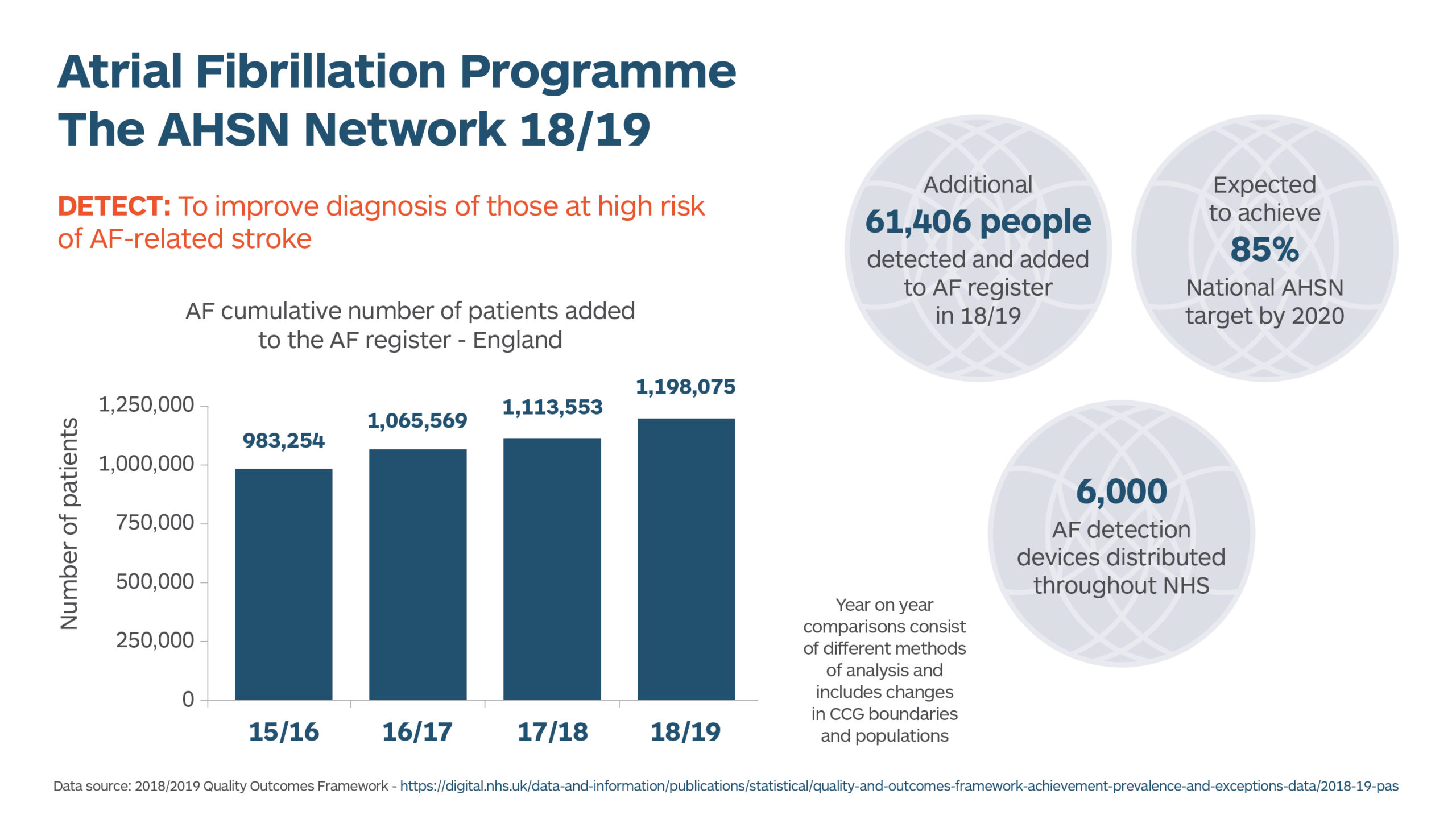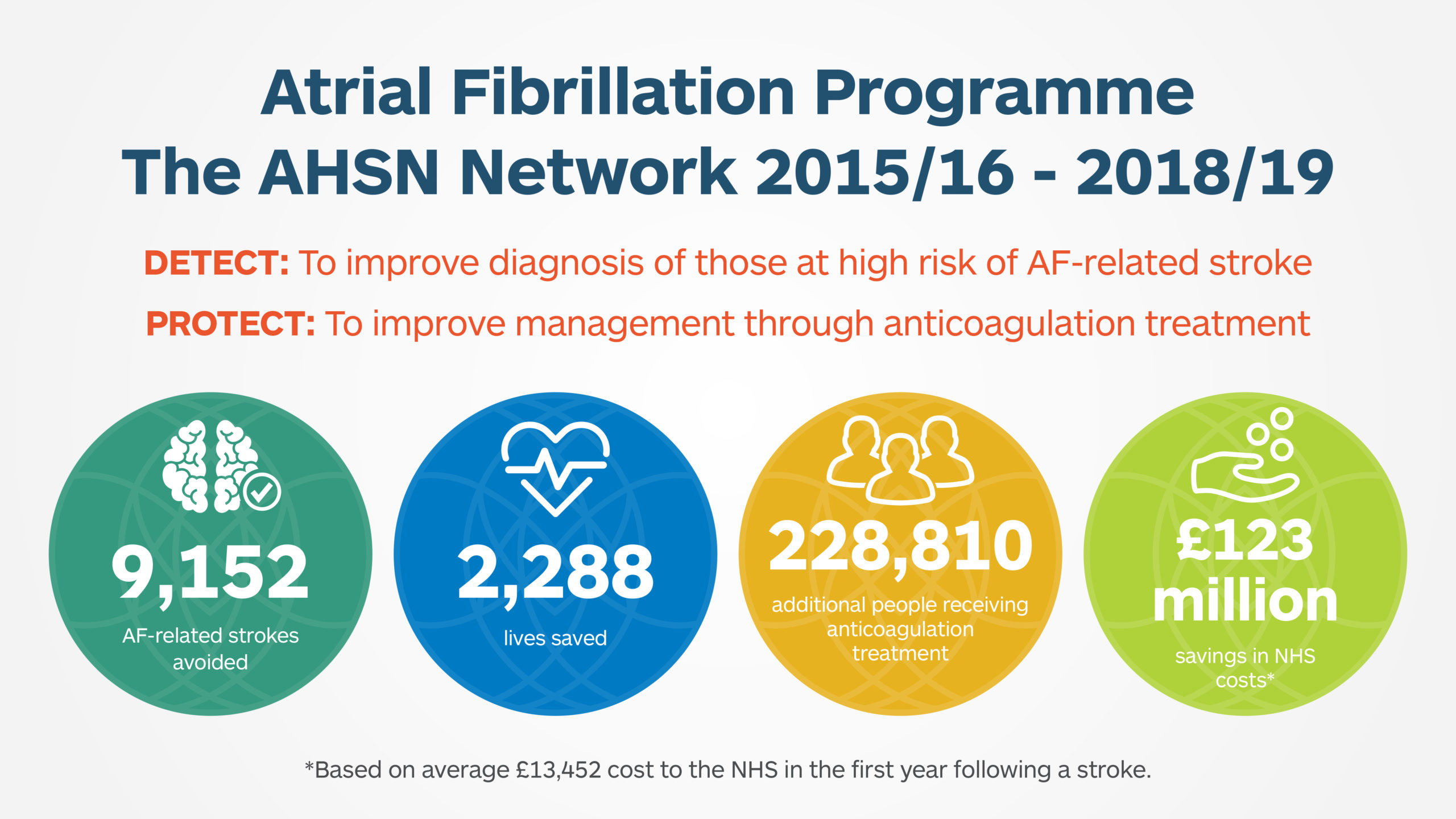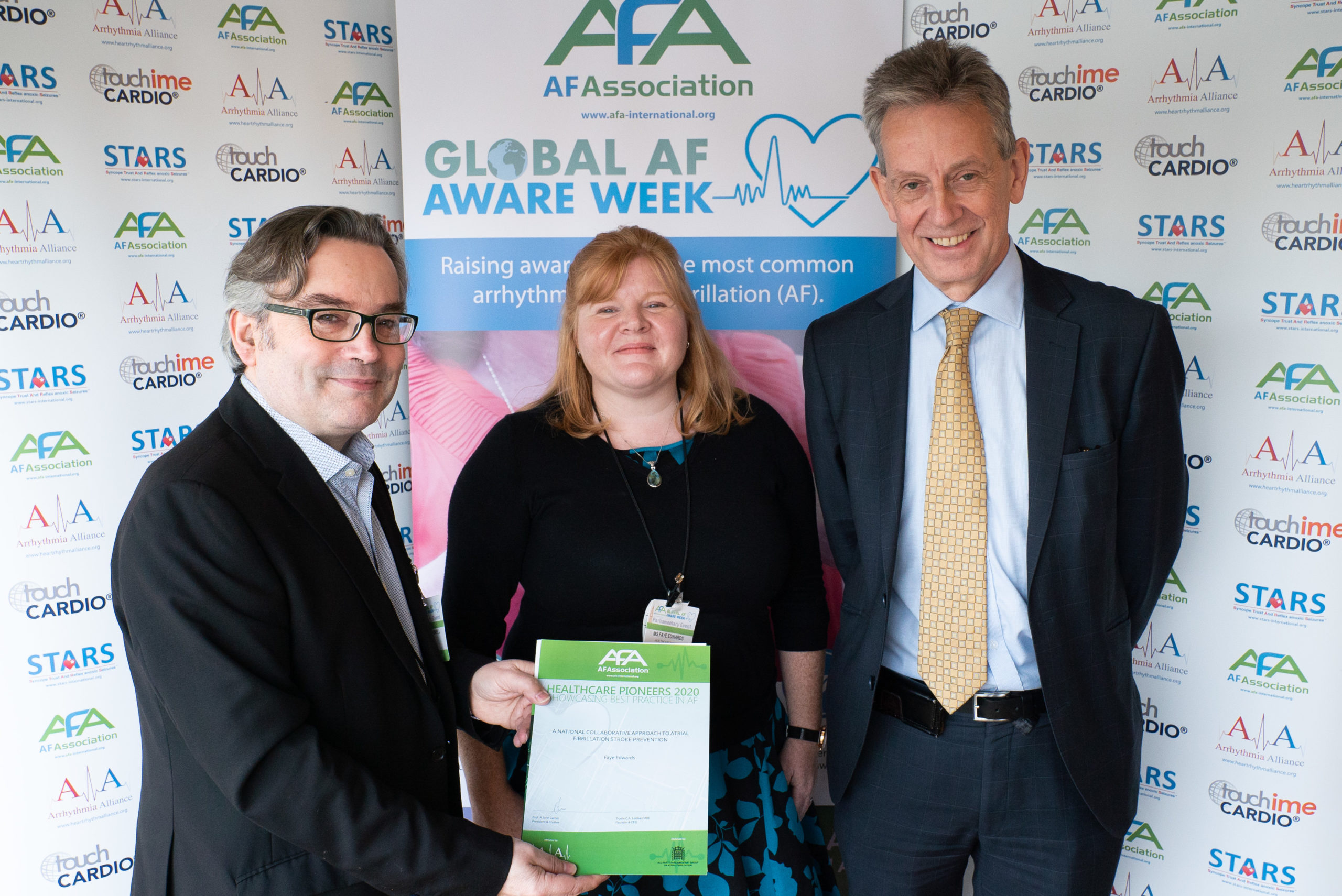Last month, a Chinese company called DeepSeek launched two generative AI models. One of these models, a Large Language Model (LLM) called DeepSeek-R1, has changed the Artificial Intelligence (AI) narrative dramatically and may open the way for more medical AI applications to adopt open source AI.
In this blog, our CEO, Dr Rishi Das Gupta and UAE Country Transformation Leader at IBM Irfan Verjee explain how DeepSeek's progress could benefit health and care systems across the world.
Most medical AI products which currently incorporate natural language processing or generative AI/chat capabilities embed a foundational model such as ChatGPT-4 as part of their code. Several studies have looked at using these for medical uses such as diagnosis (e.g. a study in JAMA published last month focused on paediatric diagnosis). The established thinking is that larger models are better and that the size of the data set (or a number of tokens) should grow with the model. A summary of how these are related is available in a recently updated paper “A Comprehensive Overview of Large Language Models” by Humza Naveed et. Al.
Currently, the business model for some tech companies has been to differentiate on the volume of the data that has been used to train them, which assumes that more data will inherently produce a better model which will work in more general circumstances. This has led to spiralling costs, and Elon Musk has famously said he thinks we are at the limit of what human and publicly available data can be ingested to train the models.
In contrast, IBM’s Dario Gil has estimated that less than 1% of all enterprise data is represented in foundation models. Hence, one key to future development will be open source AI models that are trained on enterprise data which is then owned (and can be operated) by the Enterprise or a trusted Managed Service Provider (MSP) – in this case, health systems/providers which are the data controller for medical data in the UK.
The approach of hyperscaler large tech companies has been to do most of the processing in the cloud and this requires a large amount of computing power and electricity which has led many to question whether these products can be delivered while meeting our Net Zero targets for environmental sustainability.
The DeepSeek model turned these assumptions around, underlining the importance of open-source AI models and technology systems that support them in a secure, sovereign and sustainable way. On 20 January, DeepSeek, a company founded a little over a year ago in 2023 by Liang Wenfeng (the Chinese billionaire hedgefund manager) launched what appears to be a well-functioning Large Language Model at a fraction of the cost. The model also uses much less computing power and requires fewer resources to run than competitors like Open AI's products (the makers of ChatGPT-4).
Deepseek claims to have created this model for around $5.6M US dollars. Although exact comparisons are difficult, the development costs for competitor models could easily be estimated to exceed $500m.
The second big difference is that DeepSeek has made its model open source, meaning anyone can download the code and run it locally to train a model using their own data. Details on the code can be found here.
While a lot of media attention has focused on the speed and cost of developing the model, it is the second aspect that we think is extremely important for the medical AI industry, as well very disruptive for closed-system Large Language Model AI companies.
Medical AI regulation in the UK and EU has two stringent requirements that are hard for most AI companies to meet. Firstly, there is a requirement that models are trained and then the model is static once launched. Secondly, there is a requirement that performance is explainable and transparent.
Both challenge the business model of closed system Large Language Models which seek to create the biggest datasets possible to improve their models. AI companies have differentiated from competitors on the breadth of data that they have been trained on and closely guarded the training data sets, making it difficult to meet the explainability criteria.
Yet new insight has validated open source, smaller language models that operate at a fraction of the cost and provide transparency in the underlying data that is used to train them. These medical AI models would typically produce a model card which outlines the data that the model was trained on, the key drivers of performance, how the model will be validated and how performance will be monitored once in its life.
In parallel, cloud computing providers like Microsoft and Amazon Web Services (AWS) generate revenue by hosting AI models in their cloud environments and charging for processing power. This arrangement has sometimes allowed software developers to access these models at little to no cost, provided their products are hosted on the vendor's cloud services. Consequently, this has accelerated the development of models, benefiting patients. However, it also means there's less upfront incentive to develop the smallest and most efficient models.
The ability to run DeepSeek locally means that some of these costs can be mitigated and raises the hope that more affordable products will be available in the UK market in the future.
DeepSeek R-1 is available on Microsoft, AWS and IBM platforms. Other providers have developed platforms to support open-source models in healthcare, for example, IBM’s new Biomedical Foundation Model, focused on drug discovery, which can process multi-omics and broadens the ability to create drugs based on data from global populations and not just for OECD countries.
The launch of DeepSeek has undeniably caused some market turbulence and a decline in value for major AI companies and cloud service providers. However, this disruption paves the way for the development of AI models that are more pertinent to clinical practice, offering greater security, explainability and transparency. These advancements promise to be more sustainable, with reduced costs and energy consumption. It is imperative for organisations, particularly in the healthcare sector, to embrace AI. By adopting smaller, trusted, and open models on flexible infrastructure, they can ensure the integration of AI is both effective and beneficial.
About the authors
Dr. Rishi Das-Gupta is the Chief Executive of the Health Innovation Network (HIN) South London, an NHS organisation focused on the spread and adoption of innovation. He is a medical doctor and is focused on using data and digital to improve health, care and patient experience.
Irfan Verjee is the UAE Country Transformation Leader at IBM. Irfan is responsible for aligning IBM with the UAE’s National Agenda by driving strategic perspectives on open, hybrid, and flexible technologies, ultimately contributing to the acceleration of the UAE’s GDP with a focus on public sector and regulated industries including healthcare.
Find out more
For more information on AI and health care innovation, please get in touch
Get in touch
